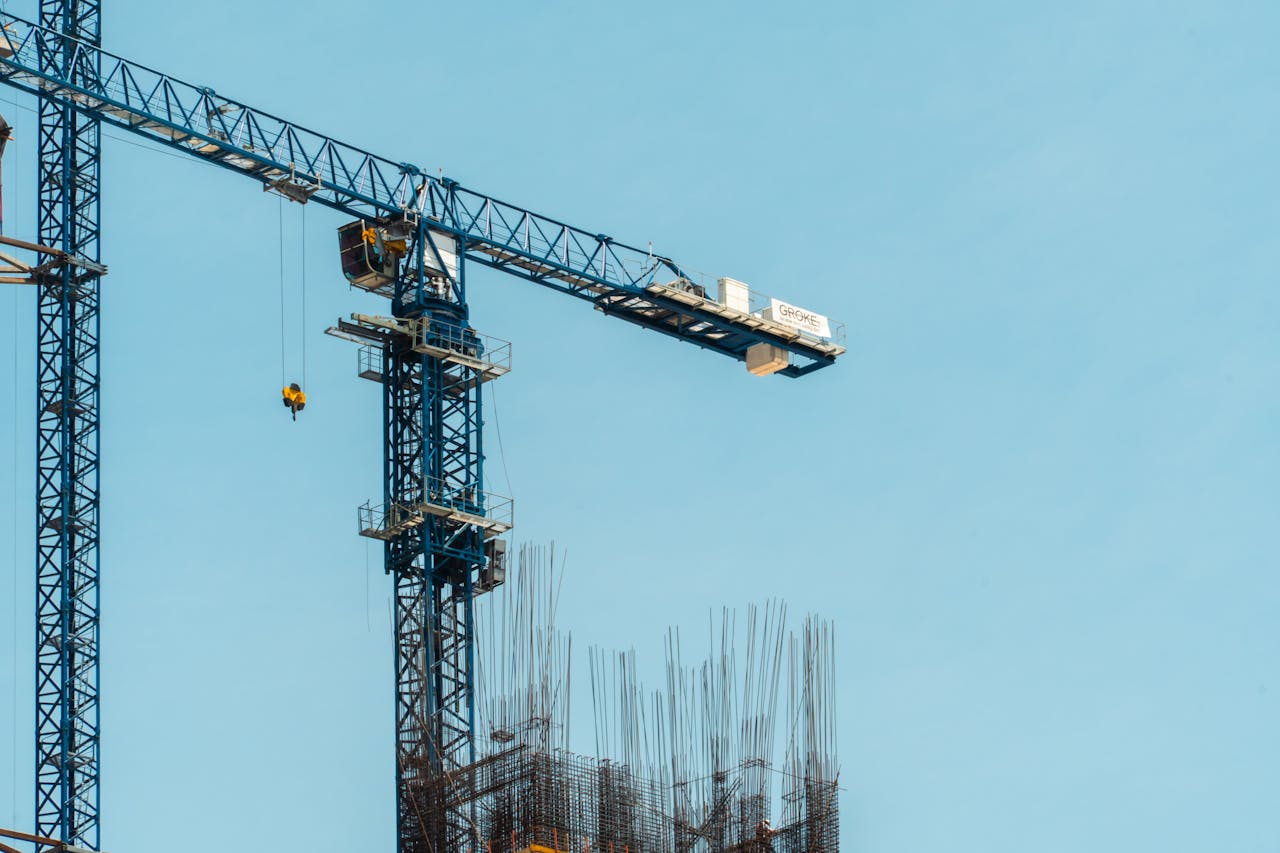- À Propos De Nous
- Services & Secteurs
- Projets
- Nos Employés
- Perspectives
- Carrières
- Académie DGJ
A construction project plan is the backbone of any successful construction endeavour, ensuring that every aspect of the project stays on track.

A construction project plan is the backbone of any successful construction endeavour. It outlines objectives, schedules, budgets, and risk management strategies, ensuring that every aspect of the project stays on track. Without a well-structured plan, construction projects can face costly delays, budget overruns, and operational inefficiencies.
In this article, we break down the essential steps to creating a construction project plan that maximises efficiency and minimises risks.
A clear project scope ensures that all stakeholders share the same expectations. Defining objectives early prevents misunderstandings and unnecessary changes later.
With a well-defined scope, all team members work toward the same vision, reducing confusion and improving efficiency.
Breaking the project into manageable tasks simplifies scheduling and resource allocation. A work breakdown structure (WBS) provides a clear framework for task delegation.
A structured WBS ensures accountability and allows for smoother workflow management.
Time management is crucial in construction. Delays can lead to increased costs and contractual penalties. Setting milestones keeps the project on track.
A well-structured timeline prevents bottlenecks and allows for proactive problem-solving.
A construction project plan must include a detailed budget to manage resources effectively. Unexpected costs can derail even the best-planned projects.
Effective cost management ensures financial stability and project feasibility.
Construction projects face risks ranging from design errors to logistical challenges. A proactive risk management plan minimises disruptions.
By addressing risks early, project teams can adapt quickly and avoid costly delays.
A construction project plan is only effective if all stakeholders stay informed. Clear communication enhances coordination and problem-solving.
Strong communication prevents misunderstandings and ensures smooth project execution.
Maintaining high-quality standards is crucial for ensuring project durability and client satisfaction.
Continuous quality monitoring ensures that the final structure meets expectations and industry standards.
A well-structured construction project plan is essential for delivering projects on time, within budget, and to the highest standards. By defining objectives, setting realistic timelines, managing risks, and maintaining open communication, construction managers can streamline operations and enhance project success.
For over six decades, DG Jones & Partners has been a trusted name in construction project management, delivering excellence across a wide range of projects. From luxury residential developments to transformative infrastructure, we provide tailored solutions that meet our clients’ unique needs.
Our multidisciplinary team combines global expertise with local insights, ensuring that every project is executed with precision, professionalism, and innovation. Whether managing costs, schedules, or risks, DG Jones & Partners is your partner in achieving construction success.
Ready to learn more about how we can elevate your next project? Speak to an expert in your region today!